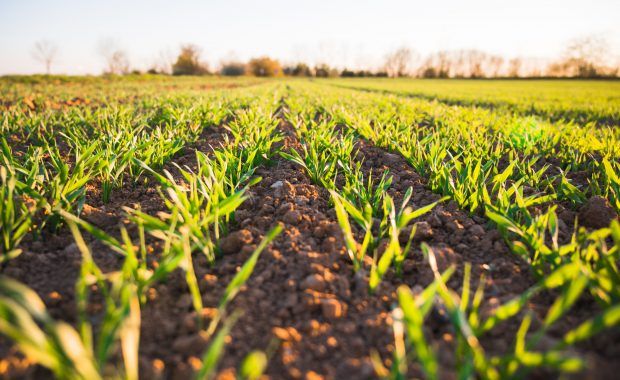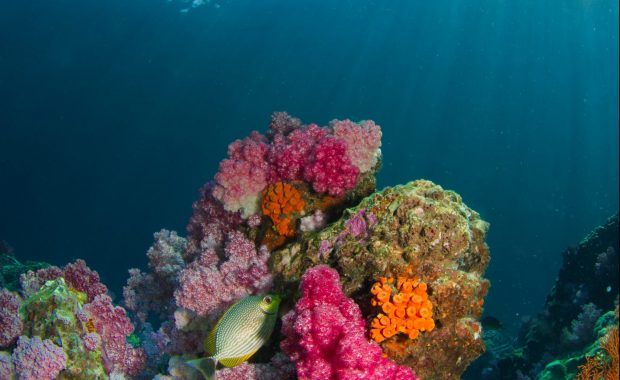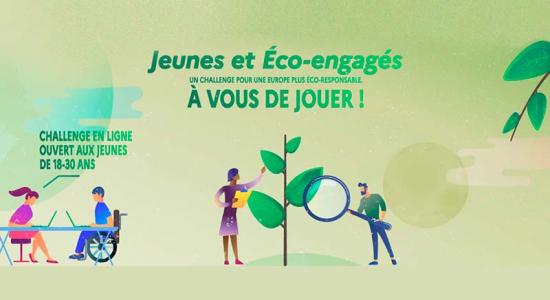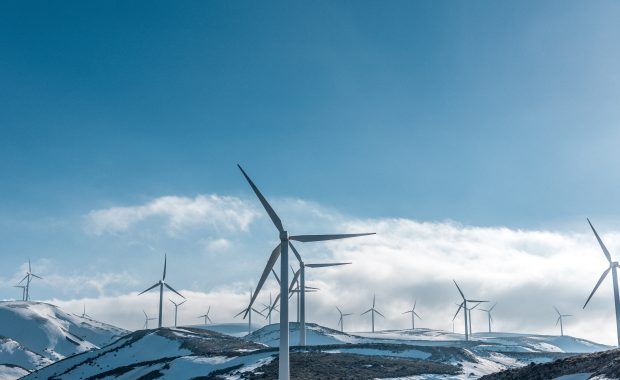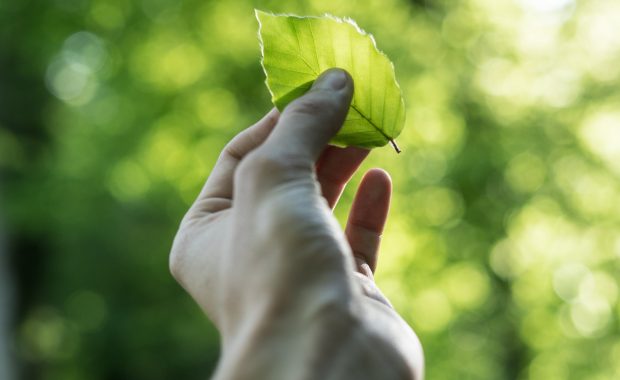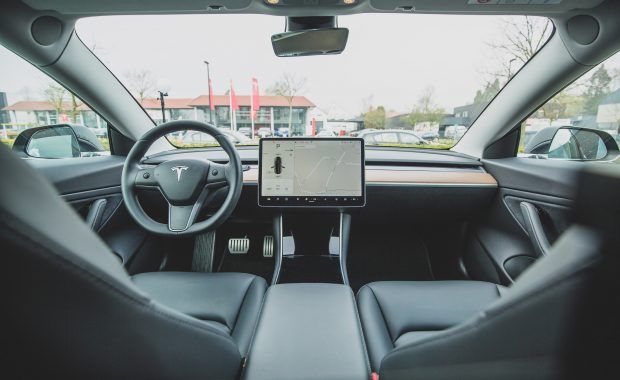Discover facts and figures about farming in the EU, including funding by country, employment and production. Agriculture is an important industry for all EU countries and they all receive EU funds through the Common Agricultural Policy (CAP). These funds support farmers directly through the European Agricultural Guarantee Fund and rural areas, climate action and the […]
Sustainable supplies of raw materials is crucial for EU industry
MEPs want Europe to be less dependent on the imports of critical raw materials that are crucial for its strategic industries. To become climate neutral, energy-efficient and more competitive in the digital age, the EU will need more critical raw materials such as lithium and cobalt to manufacture batteries and electric engines. These technologies allow for the development of strategic […]
HORIZON EUROPE: Copernicus Marine Environment Monitoring Service evolution
Expected Outcome Project results are expected to contribute to the following expected outcomes: Enhanced quality and efficiency of the current service to respond to (a) policy and/or user requirements (b) technological developments implementing the space regulation (c) complementing the challenges targeted by the Horizon Europe Mission on “Healthy oceans, seas, coastal and inland waters” and can […]
Call for young and eco projects
The French Ministry of National Education, Youth and Sports is inviting young Europeans between 18-30 years to share their projects on concrete and sustainable solutions to environmental issues and challenges relating to sustainable development. • Do you have an innovative project of European interest that responds in a concrete way to environmental challenges and […]
PhD position in entrepreneurship & sustainability in Switzerland
Offer description Plenty of contact with eager young people from all over the world who are set on achieving things. Curiosity is what we want, oodles of it. Plus, lots of independence and autonomy. Focus on research that is geared towards practical orientation and the education of committed people rather than mere profit maximisation. Work […]
HORIZON EUROPE: Socio-economic risks of climate change in Europe
Expected Outcome Project results are expected to contribute to some of the following expected outcomes: A comprehensive socio-economic evaluation of future climate change impacts across sectors, countries/regions, timescales and climate building on socio-economic scenarios with improved sectoral, cross-sectoral and spatial resolution of impact projections. Improved climate change related decision support based on better understanding (and […]
LIFE Programme: Innovative financing schemes for sustainable energy investments
Objective The topic aims to set up innovative financing schemes for sustainable energy investments. In view of the ambitious EU climate and energy policy, including dedicated targets for the years 2030 and 2050, significantly enhanced investments will be needed. This is also clearly reflected in the European Green Deal Investment Plan, which aims at mobilising […]
NextGenerationEU: European Commission successfully issues first green bond to finance the sustainable recovery
The European Commission has issued the first NextGenerationEU green bond, thus raising €12 billion to be used exclusively for green and sustainable investments across the EU. This represents the world’s largest green bond issuance ever. With NextGenerationEU green bonds, the EU is set to become the world’s largest green bond issuer by far, providing a […]
How do Europeans feel about self-driving cars?
How do Europeans expect connected and autonomous vehicles (CAVs) to affect driving efficiency, road safety, data protection and sustainability? A recent survey has the answers. There’s no doubt that technological innovation has changed our lives in many positive ways. It has made communication easier, improved manufacturing techniques, helped inflict less harm on the environment and […]

